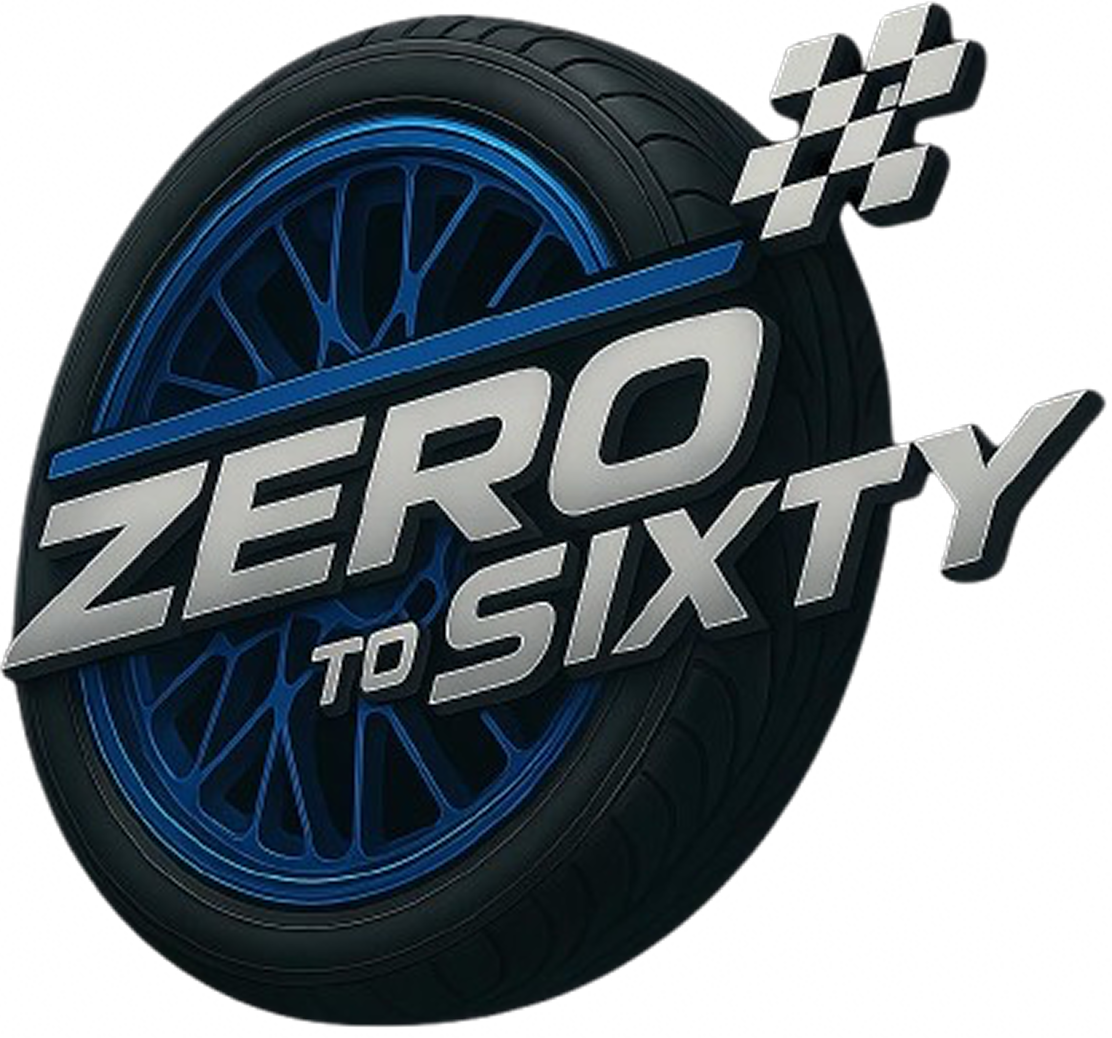If you’re planning to buy a car in Nigeria, one question always comes up:
Should I buy a tokunbo (foreign used) car or go for a locally used one?
It’s not a simple choice, especially when everyone you ask gives a different opinion. Your uncle swears by tokunbo because “Nigerians don’t know how to maintain cars.” Meanwhile, your friend tells you Nigerian-used is cheaper and more straightforward. So… which one actually makes sense?
Let’s break it down.
🚘 What Exactly Is Tokunbo?
“Tokunbo” is a word we use in Nigeria to describe foreign-used cars — typically imported from the U.S., Canada, or Europe. They’ve been used abroad, then shipped to Nigeria either in working condition or slightly damaged (and later repaired).
These cars often look clean, with low mileage and minimal wear. They might cost more, but they come with fewer “Nigerian road” problems — at least in the beginning.
🚙 And What About Nigerian-Used?
These are cars that have been driven here in Nigeria, by individuals, fleet owners, or ride-hailing drivers. They’ve faced our roads, weather, and fuel. You might find them at cheaper prices, with more flexibility to negotiate — but they come with their own risks.
🔍 Let’s Compare – Tokunbo vs Nigerian-Used
| Feature/Factor | Tokunbo | Nigerian-Used |
|---|---|---|
| Price | More expensive | More affordable |
| Condition | Often better initially | Varies — could be good or very poor |
| History | Can check via VIN (in some cases) | Usually undocumented |
| Road Experience | Built for better roads abroad | Already “adapted” to Nigerian roads |
| Availability | Depends on importer stock | Easier to find in person |
| Hidden Repairs | Often repainted or lightly fixed post-shipping | Could have been misused or reworked multiple times |
| Peace of Mind | Higher (if bought from reputable importer) | Riskier unless you know the owner |
| Inspection Needed? | Definitely | Even more definitely ✔️ |
🔧 Major Things to Check Before Buying Either One
Whether it’s foreign or local, here are things you must check:
- Mileage — A car with over 150,000 km may soon demand repairs.
- Chassis & Bodywork — Look for rust, poor welding, or accident marks.
- Engine & Transmission — Listen for irregular sounds, test the gears.
- Air Conditioning — Very important in Naija heat.
- Dashboard Lights — If it looks like Christmas, run away.
- Underbody — Nigeria’s roads are brutal, and potholes don’t lie.
Pro tip: Always bring a trusted mechanic. A good inspection can save you hundreds of thousands down the line.
💰 The Price Myth
Some people say Nigerian-used is cheap and therefore smarter. But here’s the twist: You may spend less upfront, but pay more in repairs later.
For example, a tokunbo car might cost ₦6M but run smoothly for 3 years.
Meanwhile, you buy a Nigerian-used car at ₦3.5M, and in 9 months you’ve spent ₦600K on repairs, with more still coming.
Bottom line: Cheap now doesn’t always mean cheaper later.
💬 Real Owner Experiences
We asked a few car owners in Lagos and Abuja:
“I bought a Nigerian-used Corolla for ₦3M. After 4 months, I had to change the gear, radiator, and compressor. I should’ve gone for tokunbo.” – Uche, Gwarinpa
“My tokunbo Camry has been solid. I serviced it once and that’s it for a year. No regrets.” – Peace, Lekki
“I bought from a ride-hailing guy who was quitting. It was a great deal. Nigerian-used but clean.” – Samuel, Port Harcourt
Everyone’s story is different. That’s why the seller and inspection matter more than whether it’s foreign or local.
✅ So… Which One Should You Choose?
Here’s a guide to help you decide:
Go for Tokunbo if…
- You have the budget and want peace of mind
- You’re not car-savvy and want fewer surprises
- You’re buying your first car
Go for Nigerian-Used if…
- You know and trust the seller
- You’re comfortable inspecting and bargaining
- You need a car urgently at a tighter budget
🚦 Final Verdict: It’s Not Just What You Buy — It’s Who You Buy From
Buying a car in Nigeria isn’t just about picking between foreign and local. It’s about doing your homework. If you’re buying tokunbo, use a trusted importer and verify VIN history. If it’s Nigerian-used, demand service records and inspect thoroughly.
At the end of the day, the condition of the specific car — not just its origin — is what will determine if you’ll enjoy your car or spend every weekend at the mechanic’s.
Have you bought a tokunbo or Nigeria-used car recently? Share your experience with us in the comments or tag us @zero2sixtyshow. We’d love to feature real stories from drivers like you!



0 Comments